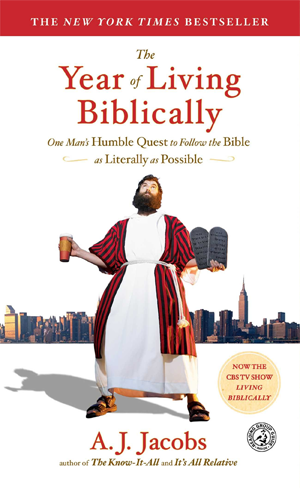A Chance to Make a Difference
I read an interesting story in the Tampa Bay paper a few years back. It’s about Andy Law, a young man living in Hudson, Florida.
One morning, as Andy was reading the daily news over coffee, he came across a story that shocked him. Joseph Prudente, a sixty-six year old man in nearby Beacon Woods had gone to jail — for the crime of having a brown lawn. No kidding. A brown lawn.
Joseph had received notices from the local homeowners association that his grass wasn’t green enough for community standards. Facing health problems and struggling financially, Joseph overlooked the notices. He could barely make his mortgage payment; lawn care was a luxury beyond his means.
So the homeowner’s association did what was in their power: they filed a court order against him and had him arrested — without the option of posting bail.
Here’s where Andy comes in. He had troubles of his own. His business was failing, he was on the verge of losing his own house, and he was considering bankruptcy. But as he read Joseph Prudente’s story, Andy decided that something must be done.
He began calling friends to help out. Soon the Prudente’s yard was full of working volunteers.
During the day, others dropped off gifts. Another man came to repair the sprinkler. Andy borrowed some lawn equipment and convinced a nursery to donate sod.
By sundown, their work was done: the yard was covered with new green grass, trimmed with red mulch, flowers, and the sprinkler was working again.
As the work was completed, there was a sudden, thick downpour. Joseph’s wife, Jennifer, stood in the rain with her arms open wide. “Our luck is changing,” she said.
The next day Joseph was released from jail. Though he still faced fines and court costs, he is now a free man … as long his grass stays the right shade of green.
From my perspective, this story is more about Andy than it is about Joseph. Yes, it’s outrageous that you can go to jail for having brown grass, and I realize there are those who will see only this aspect of the story.
More impressive, however, is the fact that one young man, also down on his luck, put his own problems on the back burner long enough to make a difference in someone else’s life.
This is an example of Paul’s words in Philippians being put into practice: “Each of you should look not only to your own interests, but also to the interests of others.” (Philippians 2:4)
Maybe we should consider which of our worries we can put aside today, and how we can use our time and resources to make a difference in the lives of others.



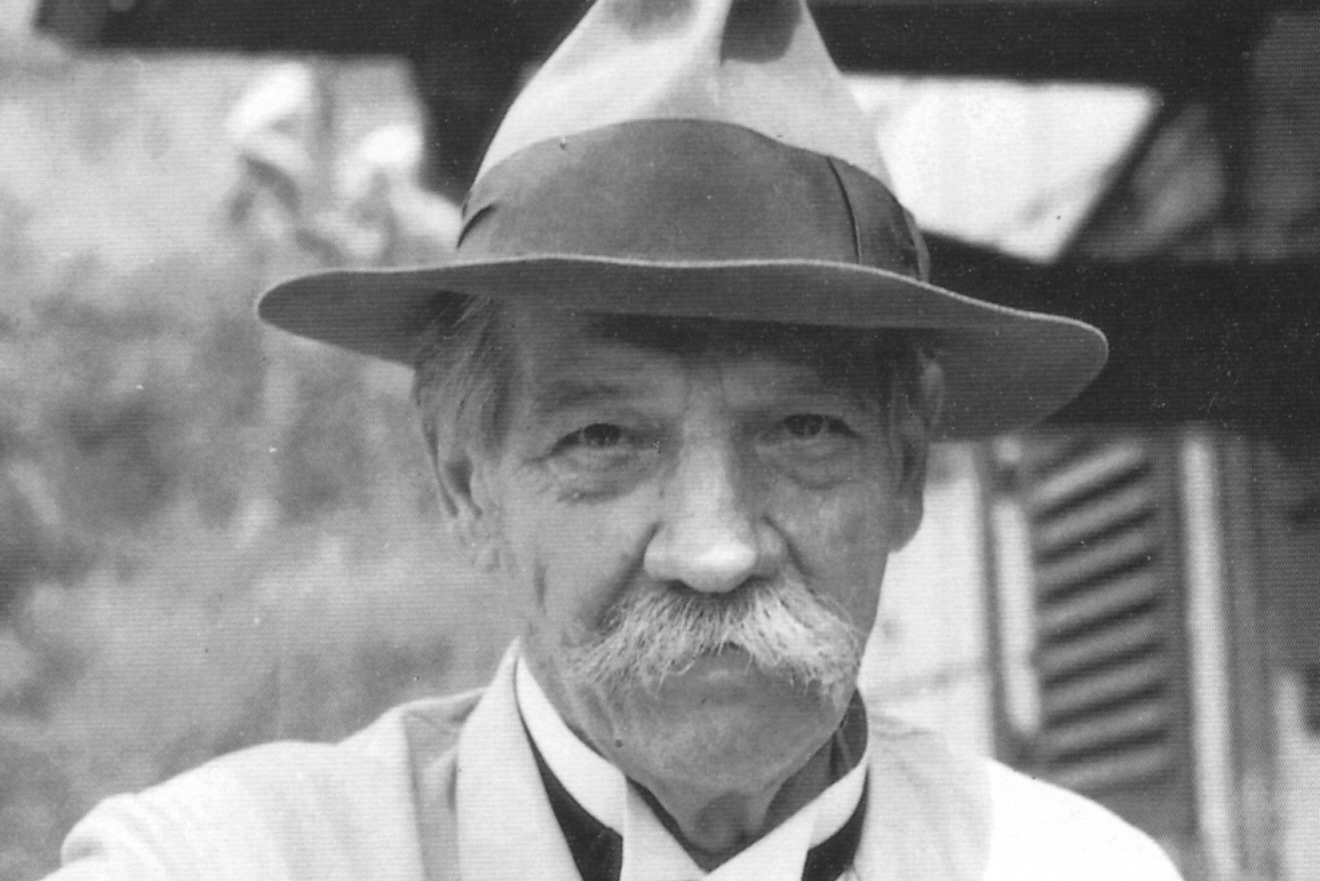

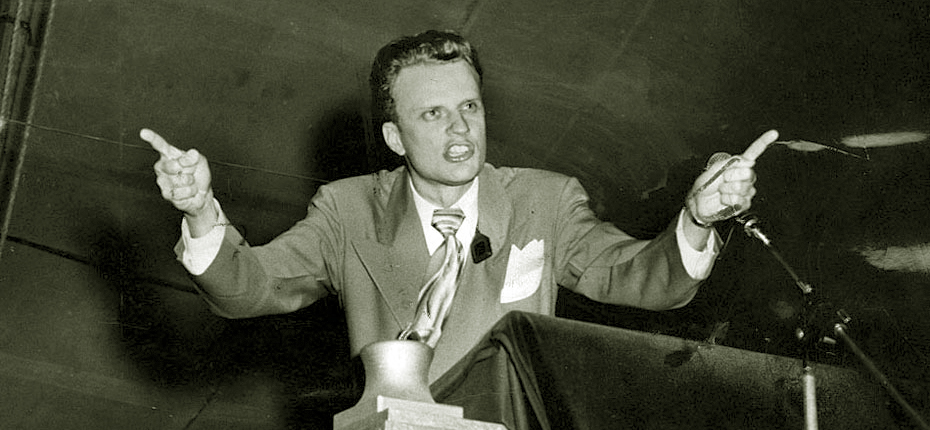


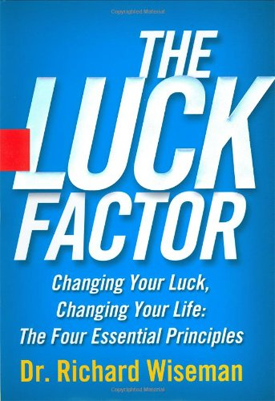



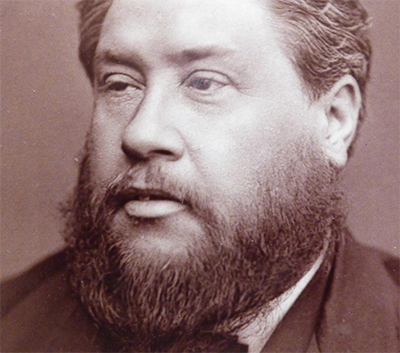 In his sermon Songs in the Night, Charles Spurgeon said…
In his sermon Songs in the Night, Charles Spurgeon said…
